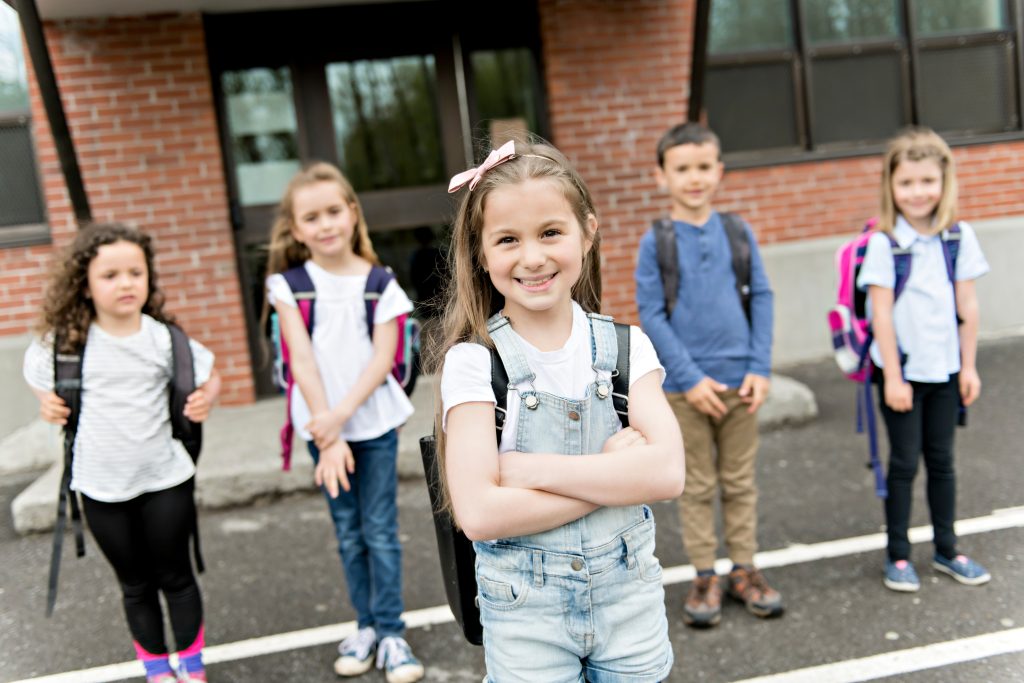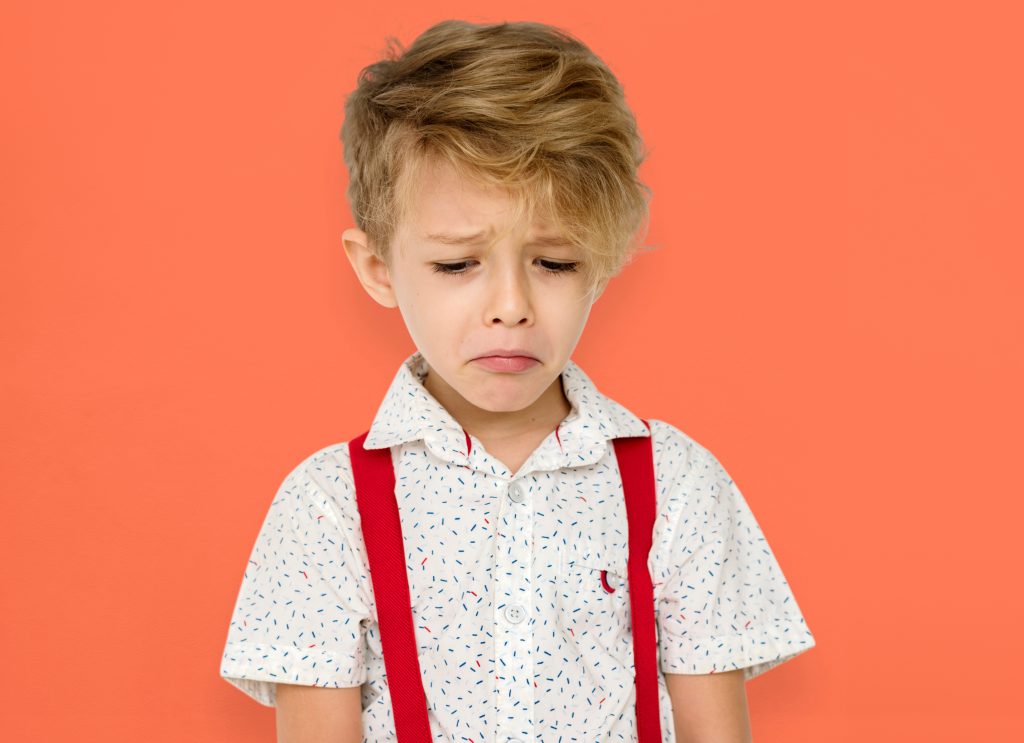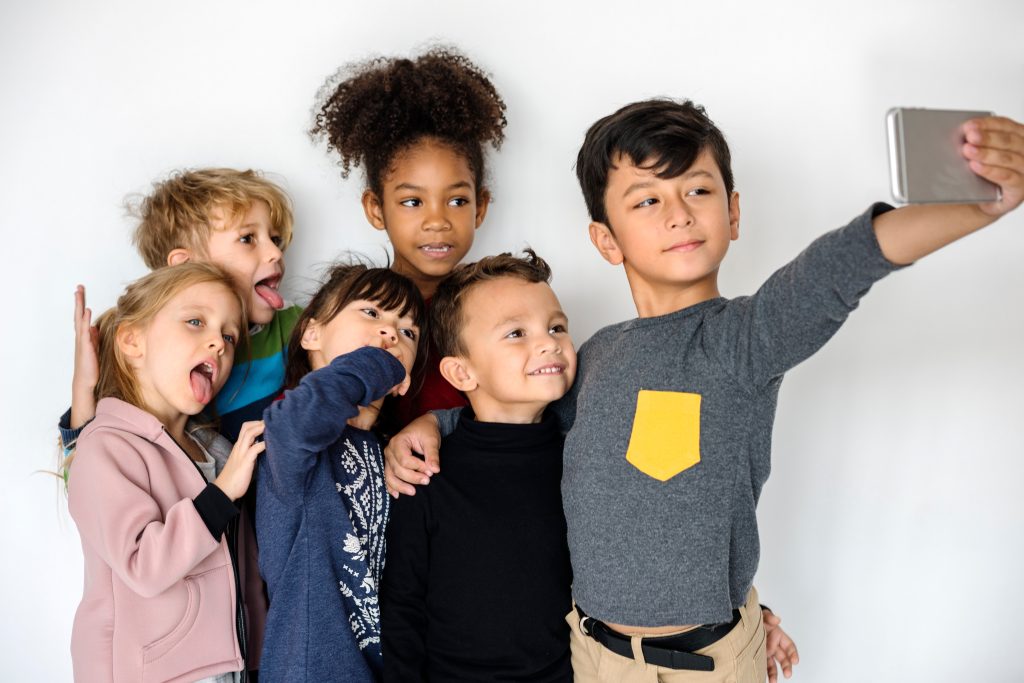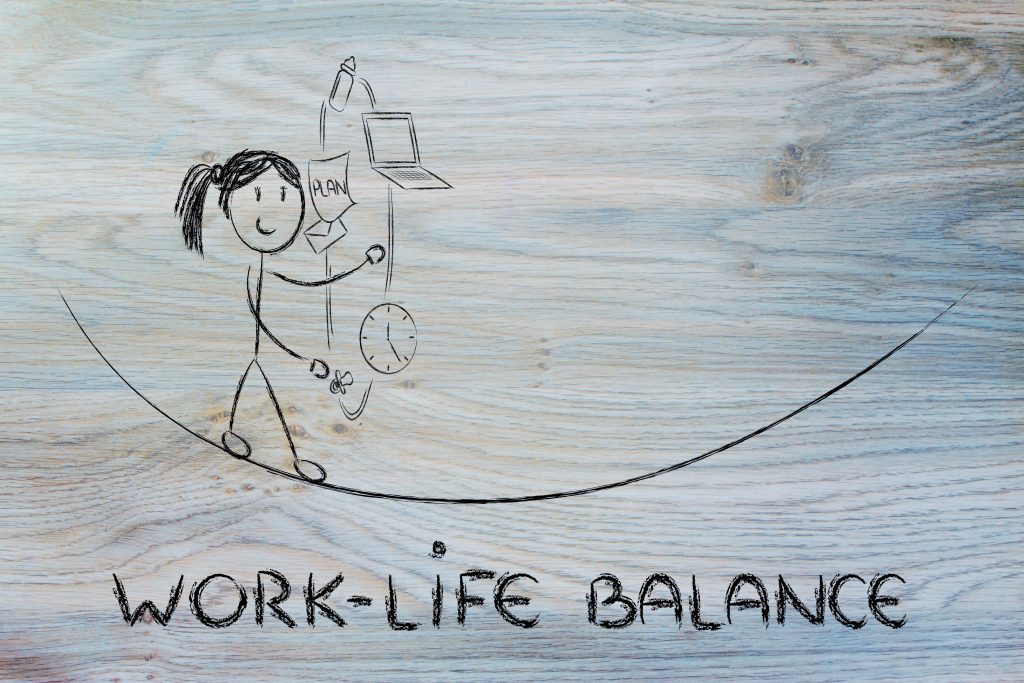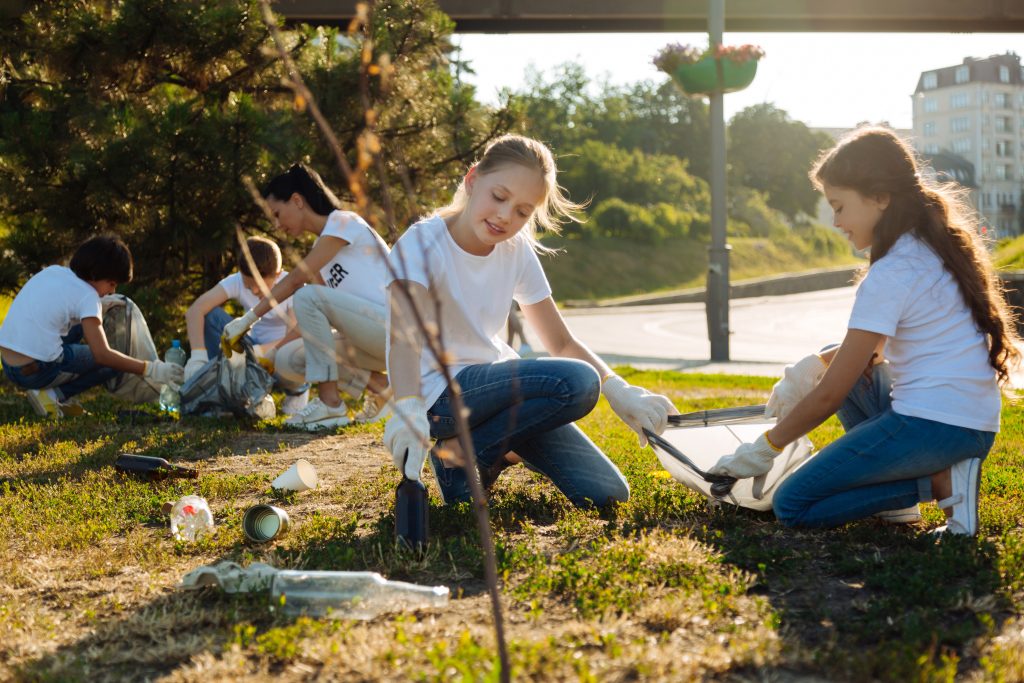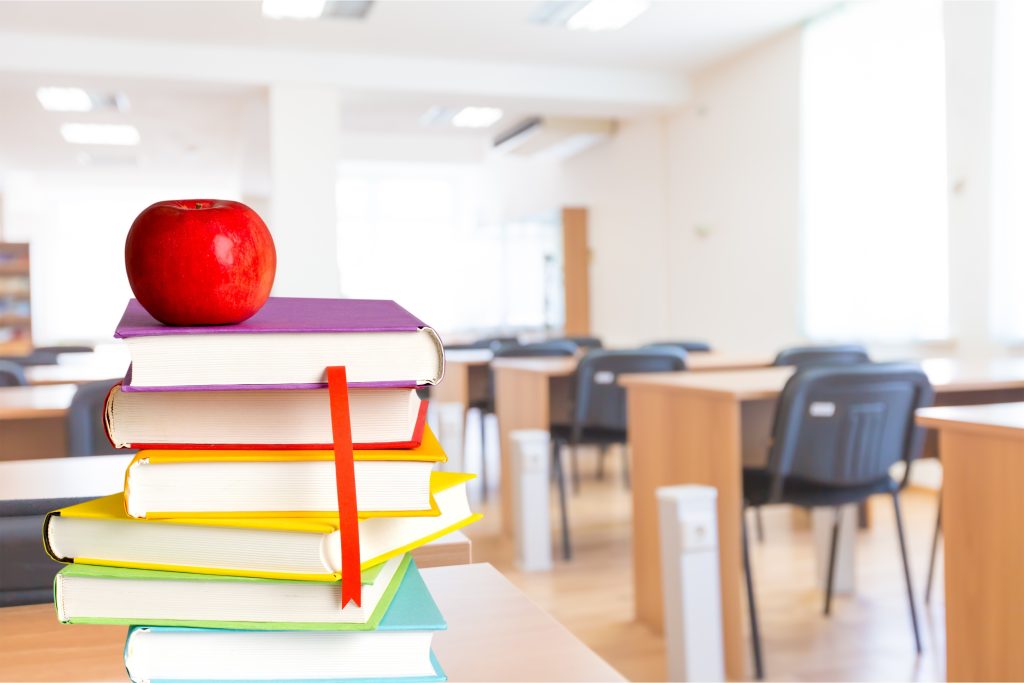Education is a cornerstone of personal development and societal progress. Schools play a pivotal role in imparting knowledge and skills necessary for academic and professional success.
However, there are vital life lessons and insights that educational institutions are inherently limited in teaching. These lessons, often learned through experience and personal reflection, are crucial for navigating life’s complexities. Here, we explore 12 things schools will never be able to fully teach your kids about life.
1. The Value of Failure
Schools often emphasize success and high achievement, but life’s most enduring lessons come from failure. It teaches resilience, perseverance, and the importance of bouncing back stronger. Failure fosters creativity and innovation by encouraging us to explore alternative paths and solutions.
It also humbles us, teaching the importance of humility and empathy towards others’ struggles. Understanding and embracing failure as a stepping stone to success is a lesson best learned through personal experience.
2. Emotional Intelligence
While schools can teach the basics of emotional awareness, the deeper aspects of emotional intelligence are learned through lived experiences. Recognizing and managing one’s own emotions, and understanding and influencing the emotions of others, are complex skills developed over time.
Emotional intelligence is crucial for building strong relationships, navigating social dynamics, and achieving personal and professional success. It involves empathy, self-regulation, and the ability to handle interpersonal relationships judiciously and empathetically. Schools can provide a foundation, but the nuances of emotional intelligence are honed in the real world.
3. The Importance of Self-Care
Schools focus on academic and extracurricular achievements but often overlook the importance of teaching self-care. Learning to prioritize one’s mental, physical, and emotional well-being is crucial for long-term happiness and success.
Self-care practices help manage stress, prevent burnout, and maintain overall health. They encompass a wide range of activities, from exercise and nutrition to mindfulness and self-compassion. Developing a personal self-care routine is a deeply individual process that extends beyond the classroom.
4. Personal Finance Management
Although some schools offer basic economics or personal finance courses, the intricacies of managing finances are rarely covered comprehensively. Understanding budgeting, saving, investing, and navigating financial challenges are critical life skills.
Financial literacy involves making informed and effective decisions with all financial resources. The ability to plan for the future, understand the value of investments, and handle debt responsibly are essential skills for independence. Real-world experience, mentorship, and self-education fill the gaps left by formal education.
5. The Art of Relationship Building
Schools teach students to collaborate and work in teams, but the art of building and maintaining personal and professional relationships goes beyond this. It involves active listening, empathy, mutual respect, and the ability to communicate effectively. Strong relationships are built on trust and understanding, which require time and effort to develop. Networking, nurturing friendships, and building professional connections are ongoing processes that are essential for personal growth and career advancement. These skills are cultivated through real-life interactions and experiences.
6. The Reality of Work-Life Balance
The concept of work-life balance is crucial for a fulfilling life but is not a focus of traditional schooling. Learning how to balance professional ambitions with personal life, family, and hobbies is essential for well-being. It involves setting boundaries, prioritizing tasks, and understanding one’s limits. Work-life balance is a dynamic equilibrium that changes with life’s phases and is learned through trial and error. Mastering this balance is key to long-term happiness and health.
7. The Significance of Self-Discovery
Schools play a role in shaping identity, but the journey of self-discovery extends far beyond the classroom. Understanding one’s passions, strengths, weaknesses, and values is a lifelong process. It involves exploring different interests, facing challenges, and reflecting on personal experiences. Self-discovery is about finding purpose and meaning in life, which often requires stepping out of one’s comfort zone. This introspective journey is personal and unique to each individual.
8. Navigating Life’s Uncertainties
Life is full of uncertainties and changes that schools can hardly prepare students for. Learning to adapt to unforeseen challenges, make difficult decisions, and cope with loss and disappointment is crucial. These experiences teach resilience, flexibility, and the value of having a support system. Navigating life’s uncertainties involves embracing change and finding growth opportunities in adversity. These lessons are learned through facing life’s unpredictability’s head-on.
9. The Power of Curiosity and Lifelong Learning
While schools ignite the spark of curiosity, fostering a lifelong love for learning is a personal journey. Curiosity drives innovation, creativity, and personal growth. It involves asking questions, seeking new experiences, and being open to new ideas. Lifelong learning extends beyond formal education to include skills, hobbies, and knowledge acquired outside of traditional academic settings. Cultivating a mindset of continuous learning and curiosity is essential for adapting to the ever-changing world.
10. Understanding and Practicing Mindfulness
Mindfulness and the ability to be present in the moment are seldom taught in schools, yet they are crucial for mental and emotional well-being. Mindfulness practices help reduce stress, improve concentration, and enhance overall happiness. It involves being aware of our thoughts, emotions, and surroundings without judgment. Practicing mindfulness leads to greater self-awareness and a deeper appreciation for life. This skill is developed through personal practice and reflection.
11. The Importance of Independence and Self-Sufficiency
Schools teach collaboration and dependency on systems, but true independence and self-sufficiency are learned through personal experience. Being able to rely on oneself for decision-making, problem-solving, and taking care of one’s needs is crucial for adult life. Independence involves taking responsibility for one’s actions and their consequences. It also includes the ability to live alone, manage daily tasks, and navigate the world without constant guidance. Developing independence is a key milestone in the transition from youth to adulthood.
12. The Art of Giving Back and Community Service
While community service may be encouraged in schools, the deeper value of giving back and contributing to society is often realized through personal experience. Understanding the impact of altruism, empathy, and civic responsibility on both the individual and community level is vital. Giving back is about more than just fulfilling a requirement; it’s about making a meaningful difference in the lives of others. It fosters a sense of connection, gratitude, and purpose. Engaging in community service out of genuine concern and willingness is a profound life lesson.
Beyond the Classroom
The true essence of life’s most important lessons lies beyond the reach of traditional schooling. While education provides a crucial foundation, the complexities, challenges, and beauty of life are often best understood through personal experience and introspection. Encouraging kids to explore, question, and engage with the world around them prepares them for the richness of life in ways that the classroom cannot. As parents and educators, our role is to guide, support, and inspire our children to embrace these lessons, ensuring they grow into well-rounded, resilient, and mindful individuals.

Latrice is a dedicated professional with a rich background in social work, complemented by an Associate Degree in the field. Her journey has been uniquely shaped by the rewarding experience of being a stay-at-home mom to her two children, aged 13 and 5. This role has not only been a testament to her commitment to family but has also provided her with invaluable life lessons and insights.
As a mother, Latrice has embraced the opportunity to educate her children on essential life skills, with a special focus on financial literacy, the nuances of life, and the importance of inner peace.
